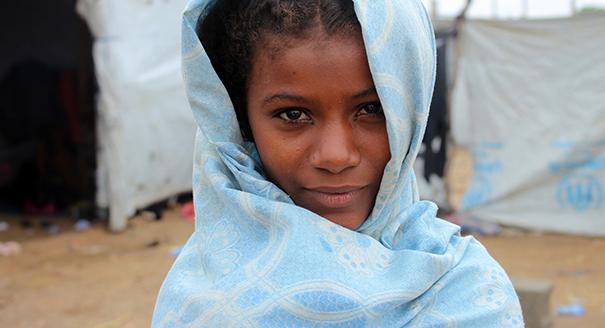Registration
You will receive an email confirming your registration.
More than five years into the Saudi-led intervention in Yemen, the situation in the country is no longer a concern to Yemenis alone. Instead, its conflict has turned into a struggle between regional powers. It appears that the Saudi-led coalition that launched military operations against Ansar Allah, otherwise referred to as the Houthis, to back up the internationally recognized government of Abed Rabbuh Mansur Hadi is no longer fully wedded to its initial goal. This is especially true given major shifts during the war, such as the Southern Transitional Council’s seizure of the Hadi government’s temporary capital of Aden with backing from the United Arab Emirates—Saudi Arabia’s principal ally. These transformations have changed the map of alliances and interests among powers involved in Yemen and have imposed new dynamics on the ground. The coalition has fragmented, with opposing interests and proxies now clashing on the ground.
On the other side, coordination and cooperation have intensified between the Houthis and Iran, especially given the high tensions between Tehran and Riyadh. Still, Yemen’s war has not just changed the political situation; it has also changed the country’s geography. Yemen’s land and sea borders are the scene of keen rivalries between different parties to the conflict. The conflict has left its mark on the governorate of Mahra in the east and the archipelago of Socotra in the south, as well as on the maritime routes of the Red Sea. These different areas have turned from geographical backwaters into key centers of dispute between regional powers, ushering in a new stage to the ever-complex conflict.
Join Nadwa Al-Dawsari, Ahmed Al-Hasni, and Abdelnasser Al-Muwadea for a live virtual discussion, moderated by Ahmed Nagi, on the Geo-Political Implications of Regional Involvement in Yemen. The discussion will be held in Arabic on the Carnegie Middle East Center's YouTube page on Wednesday, July 8 from 4:00-5:00 p.m. (GMT+3). Viewers may submit their questions by using the live chat section on YouTube. For more information, please contact Alex Müller at alexander.muller@carnegie-mec.org.
SPEAKERS
Nadwa Al-Dawsari is a Yemeni conflict analyst, specializing in tribal governance.
Ahmed Al-Hasni is a political activist and prominent figure in Yemen's southern movement; he is the spokesman for the Southern Salvation Council.
Abdelnasser Al-Muwadea is a Yemeni researcher and political analyst.
MODERATOR
Ahmed Nagi is a nonresident scholar at the Carnegie Middle East Center, where his research centers on Yemen.
EVENT TIMINGS
Washington (EDT): 9:00-10:00 a.m.
Brussels (CEST): 3:00-4:00 p.m.
Beirut, Moscow (EEST): 4:00-5:00 p.m.
New Delhi (IST): 6:30-7:30 p.m.
Beijing (CST): 9:00-10:00 p.m.
